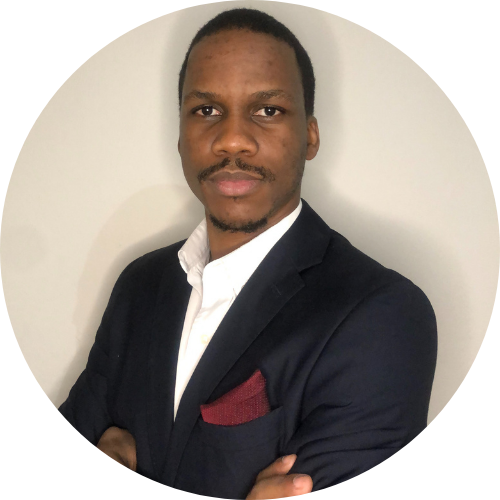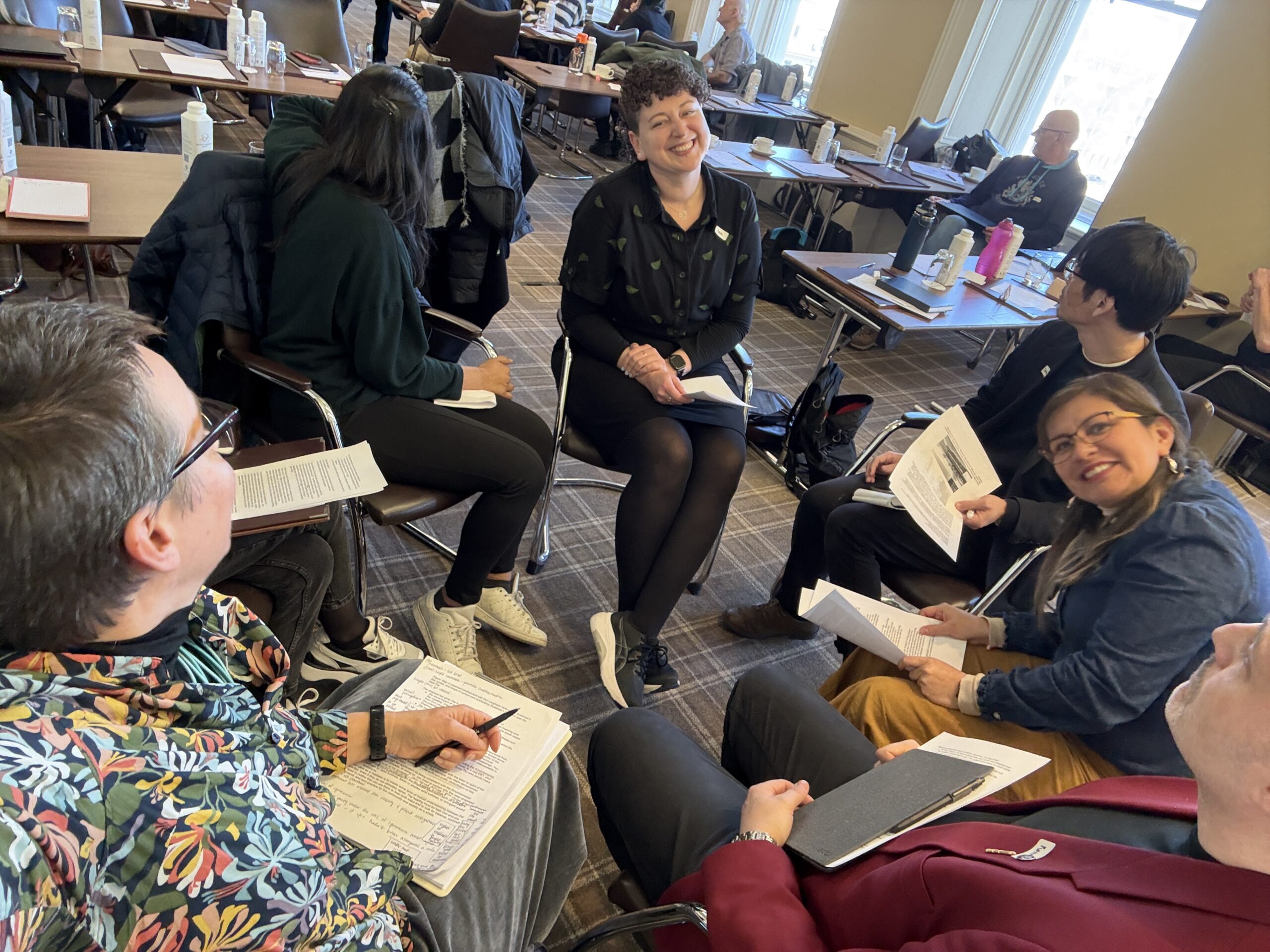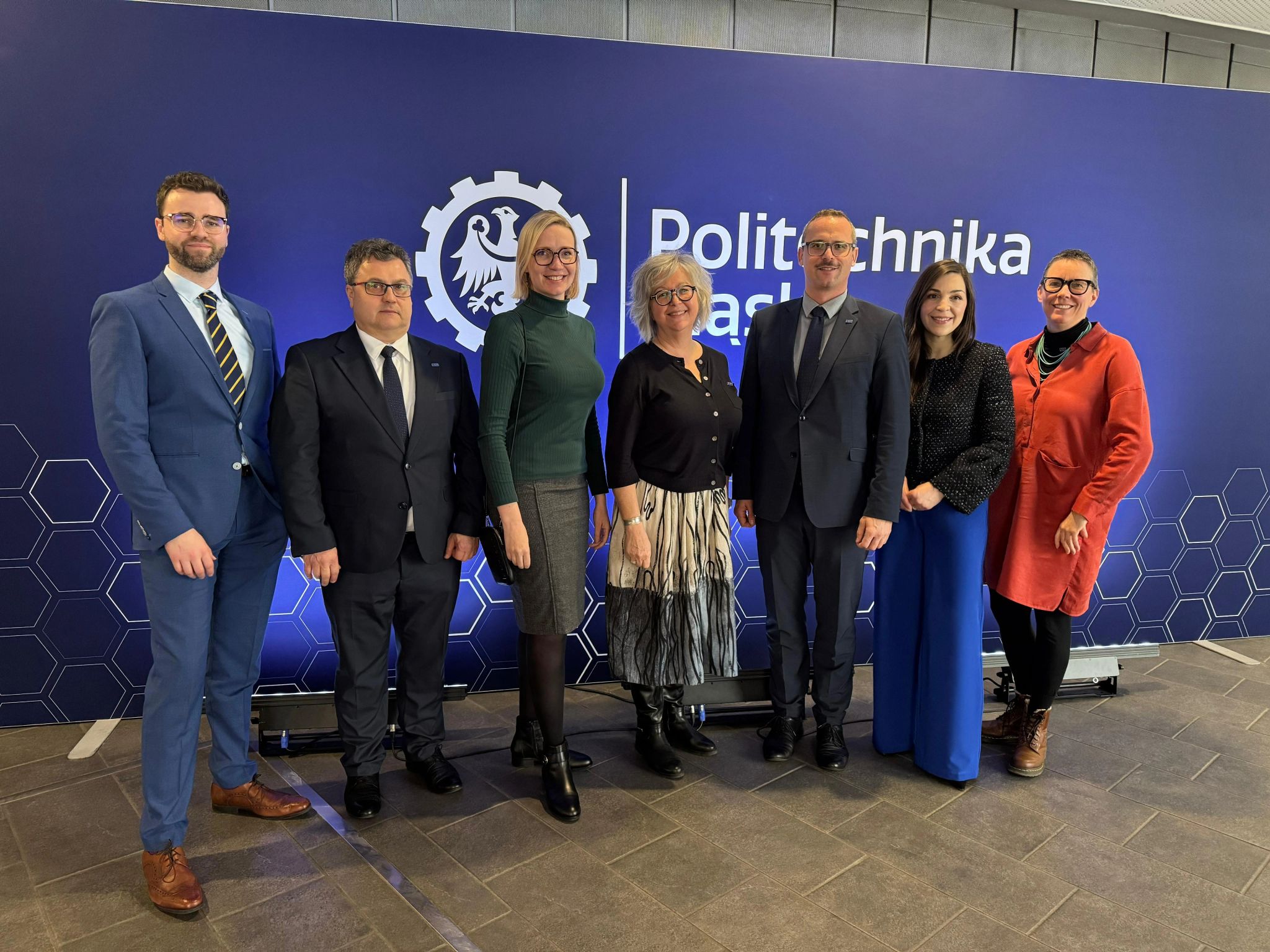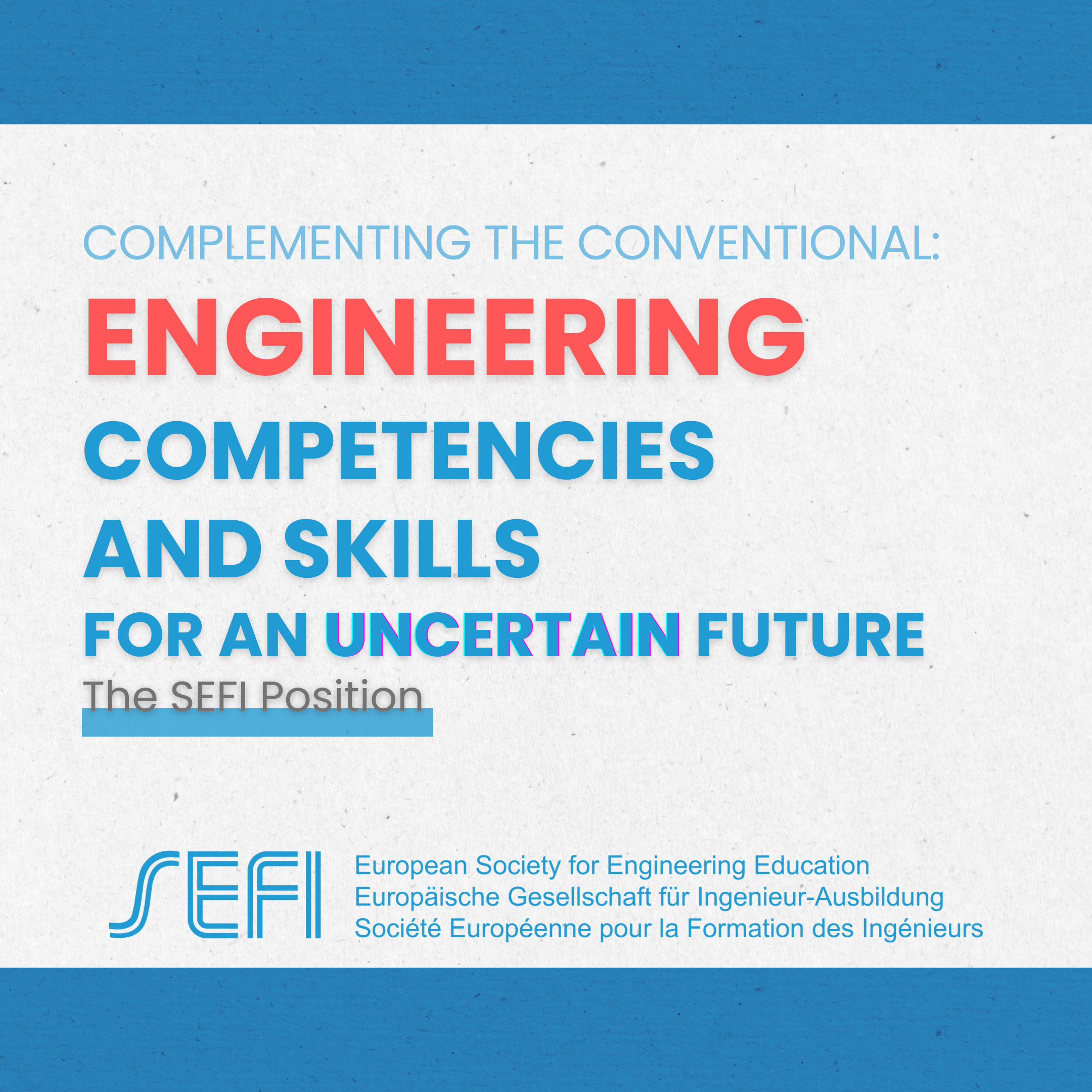From 24 to 26 March, 35 delegates from around the world gathered at the Royal…

Being born in South Africa three years after Apartheid officially ended, I grew up. Like millions of people in the country and across the rest of the world, I really believed that a new page had turned in our country’s history. The promises of equality and unity amongst the previously segregated was the vision we hoped for. But this vision does not translate into reality overnight. I am now in my twenties and South Africa is amongst the most unequal societies in the world. South Africa’s top 1% earns almost 20% of the country’s income, the top 10% earns 65% of the country’s income and the bottom 90% make up the rest of the 35%. We have the world’s highest Gini-coefficient, and we simply cannot wish this reality away.
I grew up on the South Coast of Durban, in a town called Amanzimtoti, where I lived and faced this reality for the first 18 years of my life. The disparity between the privileged and underprivileged was further perpetuated by lack of service delivery, which is a result of corruption and neglect.
What stands out for me is the fact that the road leading to our township where I grew up is still gravel, which means in the rainy season even emergency vehicles cannot enter as they will be stuck. In this community there are very few professionals. and the community is riven with unemployment, crime, and teenage pregnancy.
I have always known that I need to be part of the solution. Education is important but it is not enough. Unemployment has been on the rise for the past 10 years.
Throughout my undergraduate degree in civil engineering, I have been asking myself – “What is the role we engineers can play in this current situation?
It is evident and important, now more than ever, to have the goal of social justice in the role I play as a civil engineer, not only on the level of anti-corruption, but going the extra mile to understand the surroundings and context I find myself in. For a start this needs to ensure that the designs and construction projects I will be working on involve local communities as stakeholders in the development. Projects need to involve the people they aim to serve, not only by providing opportunities to work, but training and educating them to maintain and care for the infrastructure over its lifespan.
The hope is not that I build that asphalt road at home myself, but that a team of engineers, working together with the community, would do it. That, as engineers we are equipped with the skill to go to any community, engage with the community and are able to provide a service that enables communities to thrive.
Contact: You can reach Msa at MKHMSA001@myuct.ac.za or https://twitter.com/MsaMkhize_


